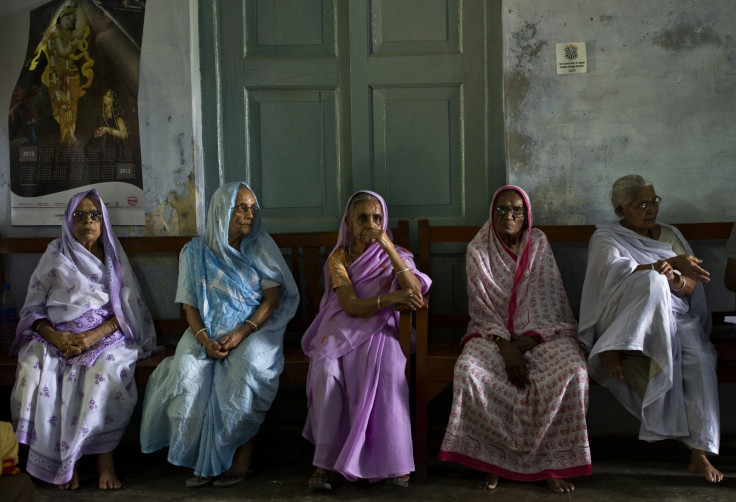International Widows's Day 2016: Women forced to have 'survival sex' to stave off extreme poverty
UN Secretary General seeks global action to support widows lead productive and fulfilling lives,

There are around 259 million widows around the world and a large number of them are forced to live in abject poverty and suffer ill-treatment as an ostracised community. International Widows's Day is celebrated on 23 June in an effort to shed light on the plight of widows who are considered social stigma.
The annual global day of action to highlight the desperate plight of millions of widows all over the world was launched by The Loomba Foundation in 2005 and following a five-year campaign was adopted unanimously by the United Nations General Assembly in 2010.
With conflicts in the Middle East, North Africa and other parts of the world claiming hundreds of thousands of lives annually, the population of widows has witnessed a significant rise.
"Worst affected by conflict are widows in Afghanistan, Iraq, South Sudan, Central African Republic and Syria; by the Boko Haram insurgency, those in northeast Nigeria, southeast Niger, west Chad and north Cameroon," explains The Loomba Foundation's 2015 World Widows Report. "In Sub-Saharan Africa the worst conditions are faced by evicted and abandoned widows with dependants and by those caught up in the Ebola crisis areas, which is further exacerbated by traditional 'cleansing' rituals."
Some of these cleansing rituals include the practice of widows drinking the water with which their dead husband's body has been washed and to have sex with a relative. "Widows are often stigmatized by their families and communities. Many suffer discrimination based on age and gender. Some have lived lives marked by physical and sexual abuse," UN Secretary General Ban Ki-moon said in his statement on International Widows's Day.
"Older widows often have few economic assets, after a lifetime of hard but unpaid work."
With more than 38 million widowed women living in extreme poverty, many are forced to engage in "exchange sex" and "survival sex" relationships to live. While women in underdeveloped and developing countries who have lost their husbands are made to suffer considerably, those in developed countries also face a number of setbacks. "In developed countries, the value of women's pensions can be some 40 per cent lower than men's," the UN Secretary General explained.
"On International Widows' Day, let us pledge to make widows more visible in our societies, and to support them in living productive, equal and fulfilling lives," he stated.
"The 2030 Sustainable Development Agenda with its pledge to leave no one behind has a particular resonance for widows, who are among the most marginalised and isolated."
© Copyright IBTimes 2025. All rights reserved.






















